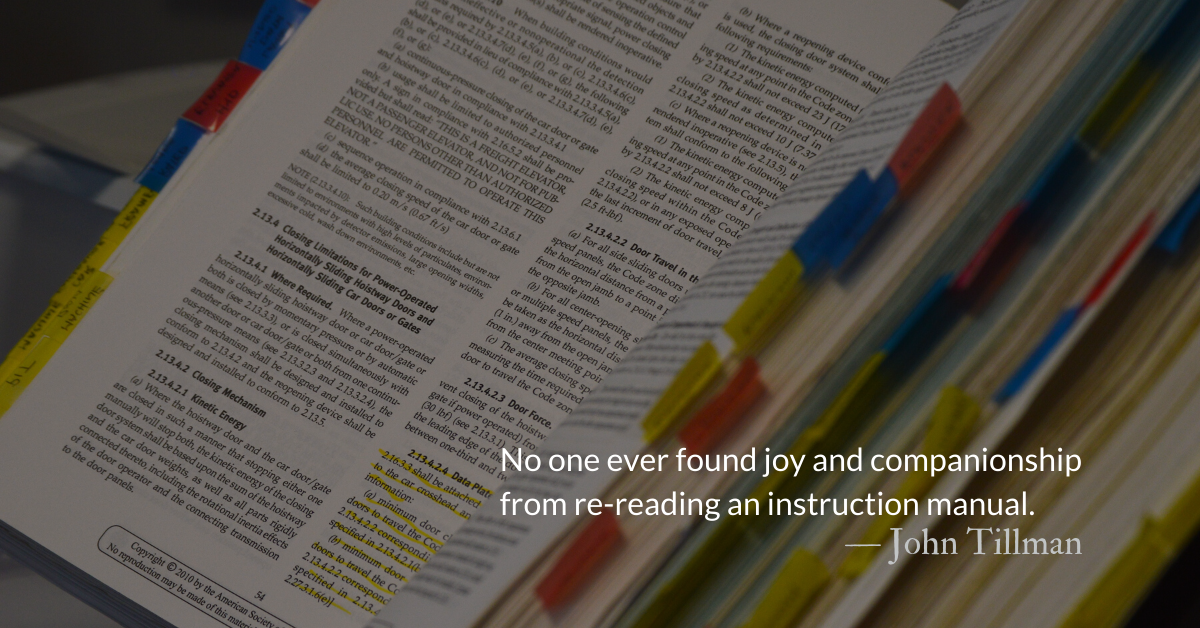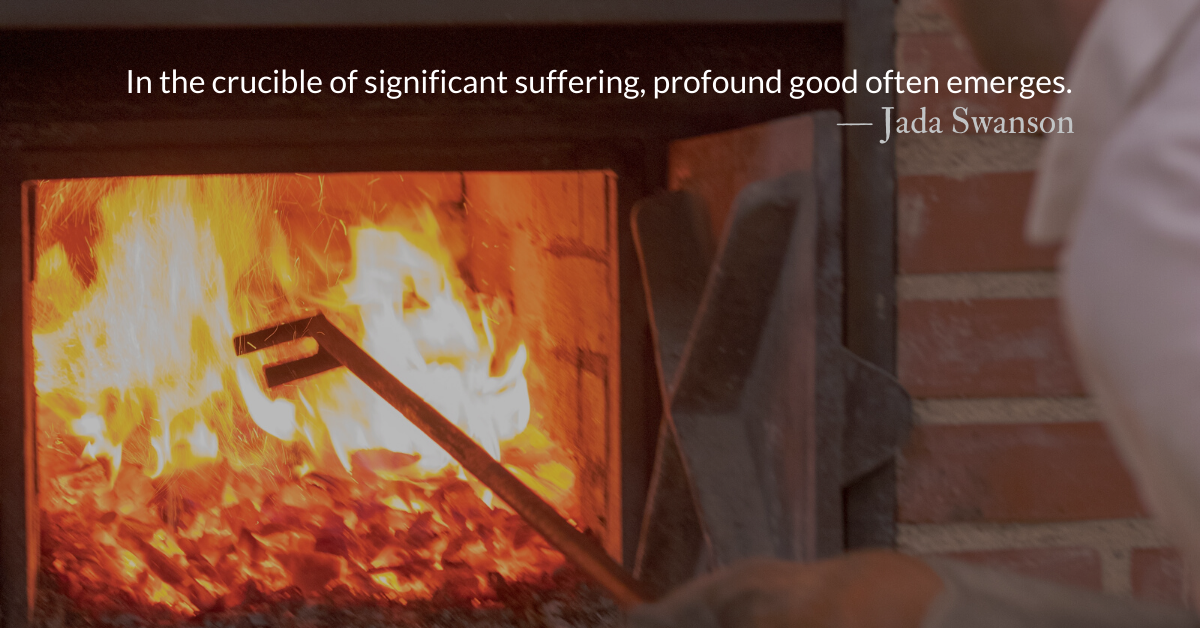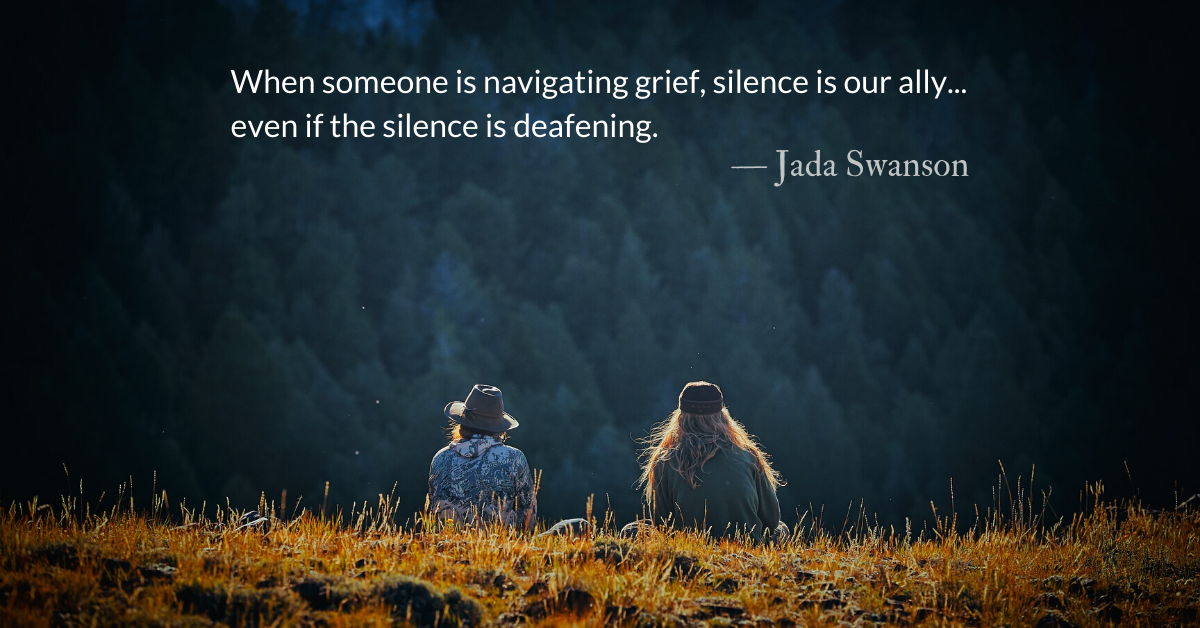Scripture Focus: Job 16.19-21
Even now my witness is in heaven;
my advocate is on high.
My intercessor is my friend
as my eyes pour out tears to God;
on behalf of a man he pleads with God
as one pleads for a friend.
Reflection: Christ, Our Undeserved Friend :: A Guided Prayer
By John Tillman
The earliest dates for Job’s writing are around 2,000 years before Christ, and the antiquity of the events may be far earlier than that date. Both Ezekiel and James discuss Job among lists of historical persons, implying that they believe him to be more than merely a story or parable. So, Job’s words give us the earliest written prophetic vision of Christ. In Job, Christ is our un-named and undeserved heavenly representative, who takes our case and acts as a true friend, even as Job’s earthly friends berate and badger him.
This week, pray this poetic prayer of thanks to Christ, our advocate, redeemer, and friend. This poem incorporates prayers of Job and other scriptures.
Christ, Our Undeserved Friend:
In this life,
When gripped by strife,
I know above
Of one who loves.
When I’m amidst a storm that swirls
Hiding from accusations hurled,
Immobilized in sin and guilt,
Collapsing consequence I built,
Rotten inward and outward too,
My sins are yeast worked through and through.
Condemned, inner and outer self
Have no appeal, no chance of health.
I cannot speak, for if I do
My words turn each fault into two.
My speech reflects my inward sin.
My thoughts bring outward sins within.
I hope in nothing I can reach
But he who in this darkness seeks.
The darkness is not dark to him.
He sees me clearly, sees my sin.
Though my sins and weakness he sees,
My case before the Father, pleads.
He knows my state and yet he bends
God’s ear to me, for me contends:
That I might swap with him my place,
That I might be changed by his grace,
That I might be healed through his wounds,
That I might live, he be entombed.
The Father consented.
The son he descended.
He purloined my guilt.
His dear blood was spilt.
My sin he grasped with nail-pierced grip
Dragged sin to hell, and there left it.
My sorrow sees his body riven.
My joy to know his body risen.
With death defeated, he grasped me,
That I should live eternally.
His work in me, begins to show,
As obeying his Word, I go.
Serving my world in thanks to Him,
Shunning pride, a humble pilgrim
To read, ponder, walk in, live in
The Word, and Holy Spirit given.
I walk with my redeemer, friend,
Holding my hand, until the end.
In this world there will sufferings be,
Tolerable only when with thee.
Give my mouth a tongue which will speak
Of your love and, though I am weak,
Unfailing faith to stand in grace
And steps to finish out this race.
Christ, he our undeserved friend,
Is with me yet, until the end.
Divine Hours Prayer: The Call to Prayer
Be strong and let your heart take courage, all you who wait for the Lord. — Psalm 31.24
– Divine Hours prayers from The Divine Hours: Prayers for Springtime by Phyllis Tickle.
Today’s Readings
Job 16=17 (Listen -3:40)
1 Corinthians 4 (Listen -3:15)
Read more about Lamenting With Job :: Guided Prayer
Lament is frequent and important in the Bible and should be in our lives as well.
Read more about Greater Footstool, Greater God, Greater Redeemer
Before Job ends, he declares the promise that the Redeemer will stand upon the Earth to reclaim it.











